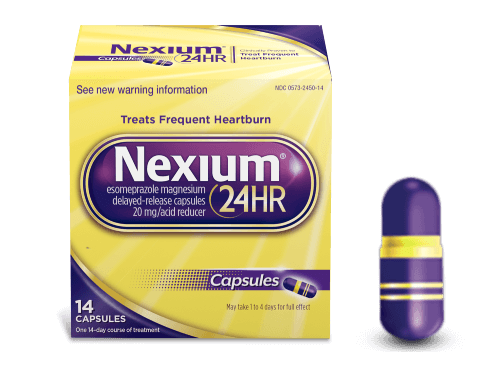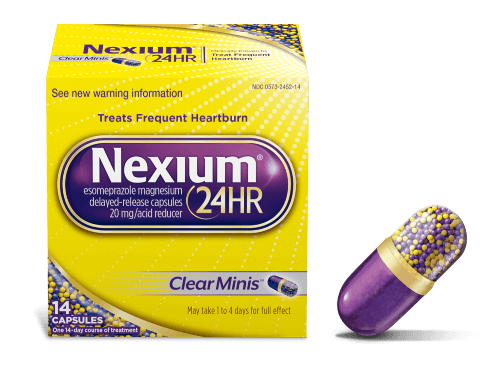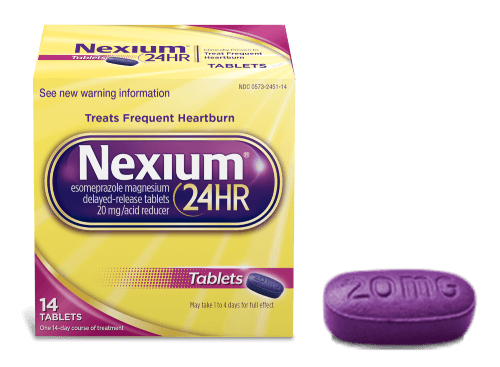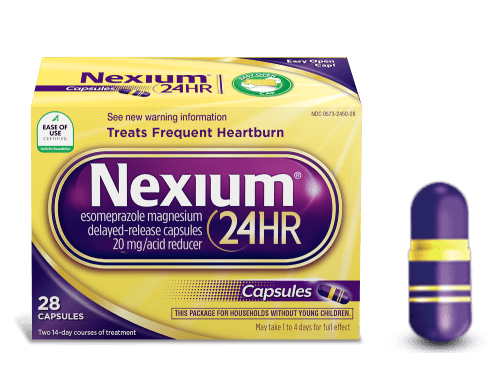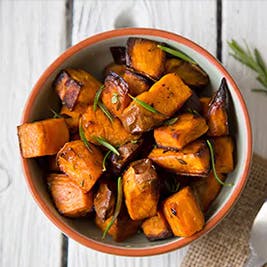Spice up your life.
Few foods are as polarizing as spicy dishes. Some people rave about how much they love them and claim eating them is great for everything from metabolism to libido. Others find the heat too strong or say spicy foods give them horrible heartburn. Learn if spicy food may be good for your health, by evaluating the potential health benefits and consequences of consumption.
The Good
Like many colorful fruits and vegetables, red and green chili peppers are antioxidant-rich foods. Antioxidants can help prevent damage from free radicals in your body (free radicals are substances that contribute to many chronic diseases, so getting rid of them is a very good thing). Chilies also contain capsaicin, which is what gives them their heat. And the capsaicin is the source of a lot of other health benefits.
Capsaicin may help to improve digestion by increasing the amount of digestive fluids in your stomach.1 It may also help fight bacterial infections.1
Eating foods with capsaicin may also have an impact on weight. A review of studies reported that eating capsaicin-containing foods was associated with lower rates of obesity and belly fat.2 And in one small study, researchers from Purdue University had 25 people eat spicy red pepper both with and without meals.3 Those participants who didn’t usually eat spicy foods and then ate something with chilies reported less of an appetite the rest of the day and felt less of a desire to consume fatty, and salty foods. The researchers noted that small changes (like eating a bit more spice) do have small results but may cumulatively help with weight maintenance or weight loss. While research linking consumption of capsaicin-containing foods and weight loss is not definitive, you may want to consider including healthy spicy foods in your weight loss diet, especially if you enjoy them.
The Not-So-Good
Although some studies have found capsaicin containing foods are good for your health, those foods also come with some cautions. After eating something spicy, you may experience heartburn. Every heartburn sufferer has different triggers, but some people might realize that eating spicy food can bring on the burning sensations of heartburn.4 If you think you’ve noticed a connection between eating spicy meals and heartburn, try cutting them out of your diet and seeing if symptoms go away. If you’re someone who simply doesn’t enjoy eating spicy food, that’s no problem! There are also plenty of other ways to keep your meals flavorful: think about adding fresh herbs or caramelizing vegetables.
But if you love the taste of spicy foods, know you have more in your future, and also suffer from frequent heartburn — meaning you experience it at least twice a week — try taking Nexium 24HR, which provides all-day, all-night protection. While Nexium 24HR isn’t intended for immediate heartburn relief (it may take 1-4 days for full effect), it provides long-lasting relief; check the label for full dosing instructions. You’ll get to have your cayenne and eat it too.
Source Citations:
- Capsaicin, the Spicy Ingredient of Chili Peppers: Effects on Gastrointestinal Tract and Composition of Gut Microbiota at Various Dosages. National Library of Medicine. https://www.ncbi.nlm.nih.gov/pmc/articles/PMC8909049/. Accessed August 21, 2023.
- Dietary capsaicin and its anti-obesity potency: from mechanism to clinical implications. National Library of Medicine. https://www.ncbi.nlm.nih.gov/pmc/articles/PMC5426284/. Accessed July 26, 2023.
- Study: Reasonable quantities of red pepper may help curb appetite. Purdue University: University News Service. https://www.purdue.edu/newsroom/research/2011/110425MattesPepper.html. Accessed July 26, 2023.
- Heartburn: Symptoms & Causes. Mayo Clinic. https://www.mayoclinic.org/diseases-conditions/heartburn/symptoms-causes/syc-20373223. Accessed July 26, 2023.

